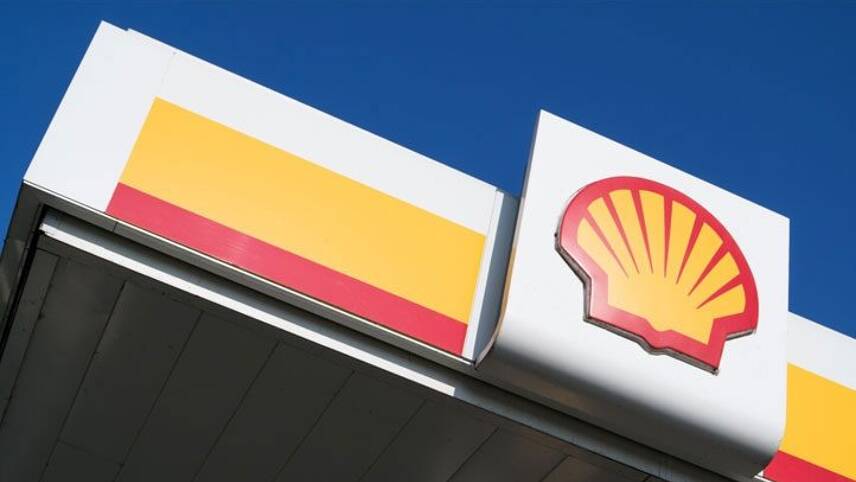Register for free and continue reading
Join our growing army of changemakers and get unlimited access to our premium content

Currently
At the Hague District Court, Judge Larisa Alwin has today (26 May) confirmed a ruling that orders Shell to raise its current decarbonisation commitments. Under the new ruling, Shell has been ordered to reduce emissions by 45% by 2030 compared to 2019 levels.
A lawsuit was filed by activists including Friends of the Earth and Greenpeace in April 2019, on behalf of more than 1,700 Dutch citizens.
Currently, Shell is aiming to reduce the carbon intensity of its products by 20% by 2030, but the court noted that an intensity-based target could enable growth and diminish absolute carbon emission reductions. The court added that Shell’s current climate policy was “full of conditions”.
The court ruling is a landmark moment for citizen activism. It marks the first successful lawsuit against an energy firm on climate grounds and could pave the way for more energy companies to have their emissions targets scrutinised.
Announced back in February, Shell’s strategy is aligned with reaching net-zero by 2050, according to the company.
Shell’s plan targets a 65% reduction in emissions from the end-use of energy products by customers by mid-century, with forest creation and carbon credit purchases offsetting remaining emissions. Reducing oil and gas production forms a key facet of the plan; the firm is aiming to reduce the production of what it calls “traditional fuels” by 55% by 2030 as it scales business operations in renewable electricity, biofuels, electric vehicle charging, hydrogen and carbon capture and storage (CCS).
Earlier this month, Royal Dutch Shell received overwhelming backing for its own energy transition strategy at its AGM but a shareholder resolution that would have forced accelerated climate action did not pass.
Some campaigners and investors in Shell had hoped to pass stronger measures to bolster the long-term climate target. A resolution at the AGM, tabled by campaign group Follow This, would have required shell to prove that absolute emissions reductions over the coming decades are aligned with the Paris Agreement. Shell is still planning to allocate at least 75% of its spending to fossil fuels this decade.
The resolution failed to pass. While its work has been backed by more than 6,000 shareholders across the energy sector, including Shell backers Aegon and RWC Partners, it was supported by just 30.47% of voters at the Shell AGM.
In a statement following the vote, the Church of England Pension Board, which led the investor talks with Shell on its strategy, warned the energy major not to get complacent on climate action in light of the vote.
Matt Mace


This is great news – but it’s the companies *burning* the oil/gas/coal that are actually doing the harm! Steel, aluminium, concrete, construction (20-50 tons per house), airlines (2-5 tons per passenger long-haul), shipping (2 tons per cruise-person week), car-building (17 tons per vehicle). And *we* are the ones buying those products in ignorance.